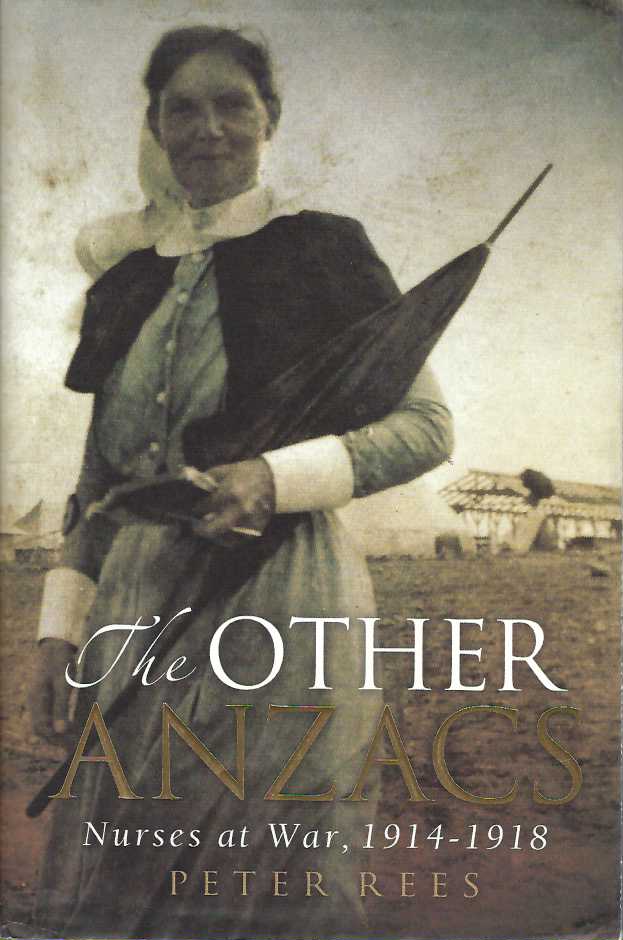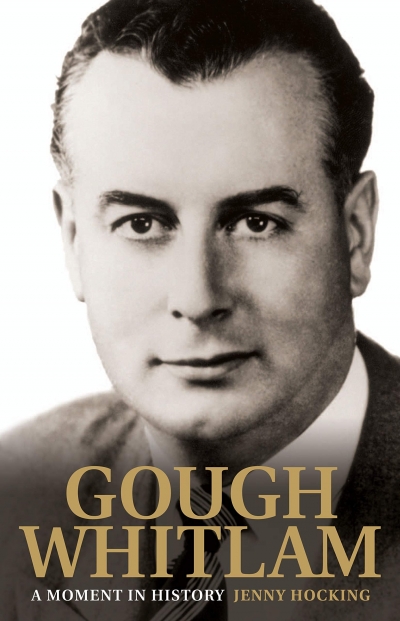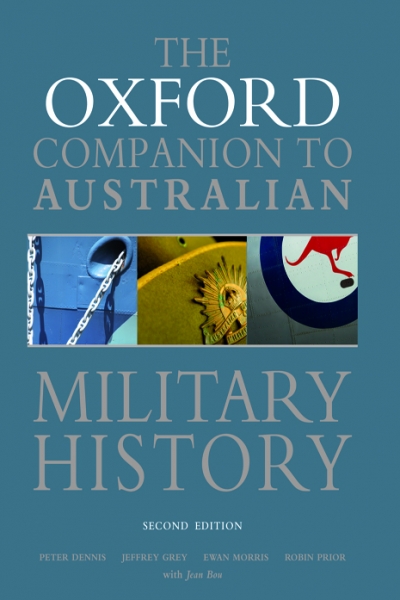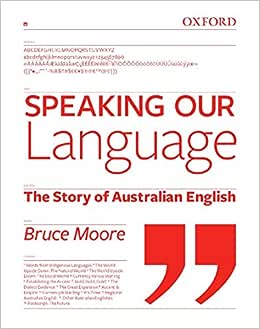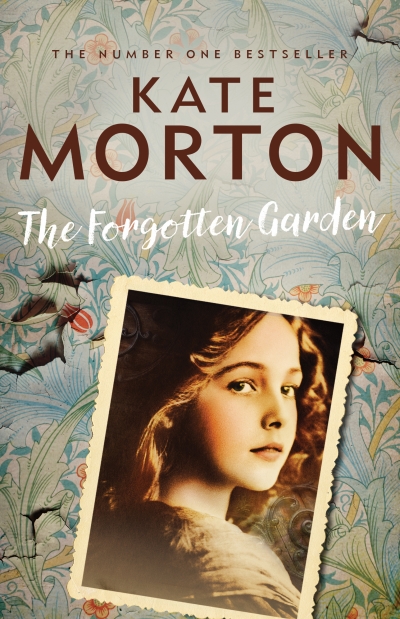History
According to Peter Rees’s introduction to The Other Anzacs, ‘at least 2498 nurses’ served overseas with the Australian Army Nursing Service during World War I, with about 720 in other units raised in Britain or privately sponsored. There were ‘at least 610 nurses’ in the New Zealand Army Nursing Service, and perhaps another 100 overseas. The criteria for acceptance were high. Nurses were required to have completed at least three years’ training in an approved hospital, to be aged between twenty-one and forty, and either single or widowed. The rules about marriage, however, were not always strictly observed, and as men sometimes fudged their age and other circumstances to get into the army, occasionally a woman may have disguised her marital status. But once in the Army Nursing Service, marriage usually meant resignation. If a nurse wished to keep working after she married, she had to join one of the private medical or hospital services that had come into being.
... (read more)Encounters with Australian Modern Art by Christopher Heathcote, Patrick McCaughey and Sarah Thomas
Eva Gandel and Marc Besen Married in Melbourne in 1950 and soon began collecting current art. After the closure of John Reed’s privately established but short-lived ‘Museum of Modern Art & Design of Australia’, they bought a few of its de-accessioned possessions, paintings by John Perceval and Sidney Nolan. In the 1970s they added works by recentlydeceased Sydney artists William Dobell, Ralph Balson, and Tony Tuckson. These were perceived ‘gaps’ in a collection of recent Australian art. Perhaps the systematic history of Australian art then profusely displayed in the private collection formed by their relative Joseph Brown, and first published in 1974 as Outlines of Australian Art, had inspired the Besens to be more systematic. Hitherto, they had mostly encountered local work by living artists.
... (read more)Je Suis Australienne: Remarkable women in France, 1880–1945 by Rosemary Lancaster
At the time that I was asked to review Rosemary Lancaster’s Je Suis Australienne: Remarkable Women in France, 1880–1945, I was reading American writer Helen Barolini’s Their Other Side: Six American Women and the Lure of Italy (2006). The books are similar: five of Lancaster’s six chapters are devoted to individual women whose lives and experience, like those in Barolini, cover the period from the late nineteenth century to the mid twentieth. Both books are very much of the transnational moment, with its preoccupations with movement, connections and experience across borders, and premises that the identities of individuals and nations are formed abroad in contact and collision with others, as well as at home. The number of studies of overseas lives continues to grow but is surpassed by transcultural life writing, including Australian, in what has been described as ‘villa/ge’ books, travel writing that is about the destination not the voyaging, about living abroad rather than touring, about subject in situ rather than ‘situ’.
... (read more)Gough Whitlam: A moment in history (Volume One) by Jenny Hocking
Edward Gough Whitlam bestrode the Australian political stage like a colossus for over a generation: first as federal Opposition leader, then as prime minister, and finally as martyr. A legend in his own lifetime, this last role threatens to turn him into myth. More books have been written on aspects of his short and turbulent government than on any other in Australian history. There are already three biographies: a competent quickie by journalist Laurie Oakes in 1976; an eloquent political biography by his speechwriter Graham Freudenberg in 1977; and a psychobiography by the political scientist James Walter in 1980, which depicts Whitlam in terms of a particular personality type – the grandiose narcissist.
... (read more)The Oxford Companion to Australian Military History (Second Edition) edited by Peter Dennis et al.
In his famous but tendentious 1989 essay ‘The End of History’, the American political scientist Francis Fukuyama argued that ‘we may be witnessing ... not just the end of the Cold War, or the passing of a particular period of post-war history, but the end of history’. A similar proposition might well have been made about Australian military history. By 1989 the great era of Australian military history seemed to have passed. The centrepieces of this era were the two world wars, which were so large, bloody and traumatic that they seemed destined to dominate the subject for many decades to come. What came before – the New Zealand Wars, Sudan, the Boxer Rebellion, and the Boer War – were seen as preliminary or preparatory episodes, or, as the title of one book on Sudan put it, ‘The Rehearsal’. The conflicts that followed World War II were postscripts. The performances and sacrifices of Australians in Korea, Malaya, Borneo, and Vietnam were measured against the earlier experiences of the world wars. All of Australia’s senior commanders in Vietnam had served in World War II, while most of the younger fighters there were the sons of World War II veterans.
... (read more)Speaking our Language: The story of Australian English by Bruce Moore
Sir James Murray, the famous editor of the Oxford English Dictionary, believed that the dictionary-maker’s job was to furnish each word with a biography.
... (read more)The Racket: How abortion became legal in Australia by Gideon Haigh
In May 1965 the Victorian police raided a nondescript terrace house in East Melbourne. They were tracking illegal abortionists. Two doctors, one an outgoing social figure, bold and brassy, the other a quiet, studious man, were performing abortions on the premises. They had refused to pay protection money, and probably the raid was inevitable. The police rampaged about, taking files and notes, and eventually found three young and very groggy women who were clearly recovering from anaesthetic. The quick-thinking women claimed to be recovering from pelvic examinations, but the police were not fooled, and the women were rushed off to the Royal Women’s Hospital where a doctor probed them and their photographs were taken, legs apart. While the women were enduring this undignified end to their surgery, the doctors too were in trouble. With good lawyers, their hearings were adjourned, but they returned to their old work, a little more quietly, but still performing abortions.
... (read more)Bright comedians quickly learn that to explain a joke is to deprive it of its humour. If the gag doesn’t make an audience laugh without a laboured punchline, a good performer will swiftly modify her delivery for greater effect.
... (read more)There are many good reasons for destroying books. Not every act of destruction is an attempt to suppress ideas. Publishers pulp excess stocks of unsold titles; booksellers and libraries do it; even you and I do it. You don’t want to keep every school textbook you ever owned, and the nice people down at the Op Shop won’t thank you for dumping your discards on them. Our state and national libraries keep publishers’ deposit copies of every book produced in their jurisdictions – these are copies of last resort. If you attack them, you are attacking the cultural memory of human- kind; if you empty your own book- shelves onto a bonfire, you have merely gone overboard with spring cleaning.
... (read more)As he stepped down from the podium at the Gettysburg battlefield in 1863, President Abraham Lincoln was unhappy. The speech was short and finished abruptly. The crowd was slow to clap. Lincoln turned to friend and occasional bodyguard Ward Lamon. ‘That speech won’t scour,’ he told Lamon. ‘It is a flat failure, and the people are disappointed.’
... (read more)
